Anger & Complex Trauma
This article was posted on our original blog at Healing from Complex ptsd, June 27th 2022.
Not a lot gets said publicly about anger, and it makes sense. Too often we've grown up in family's where we didn't discuss emotions on any level. No growing up with naming our emotions, no communication or conversations around clarifying our emotions with each other. In my family I was the drama queen a.k.a nicknamed Elizabeth Taylor because as a teenager I so desperately wanted to have those emotional conversations. My parents had no clue how to navigate those kind of emotional discussions. I was left leaving notes under their pillows hoping against hope they'd sit and read them with me and just have a chat.
Instead I was mocked, maybe even shamed, because I dared to want to talk about, I craved to understand, what was going on for me internally and what that meant inside our family. I'm incredibly grateful I can have those conversations with my own children who are now adults too. It's vital, life giving vital, that we begin to not only have those clarifying conversations but also that we can first identify what is happening for us internally.
My goal with this post is to give you some groundwork information. Some of it may resonate, some not. Most important is for you to trust the process of reading through what is happening for you internally on different levels and be able to spend some time reflecting via the journaling questions at the end of the post. Why answer the journaling questions? These questions help us build our internal awareness then we are able to begin gaining courage to express them to those around us who are safe.
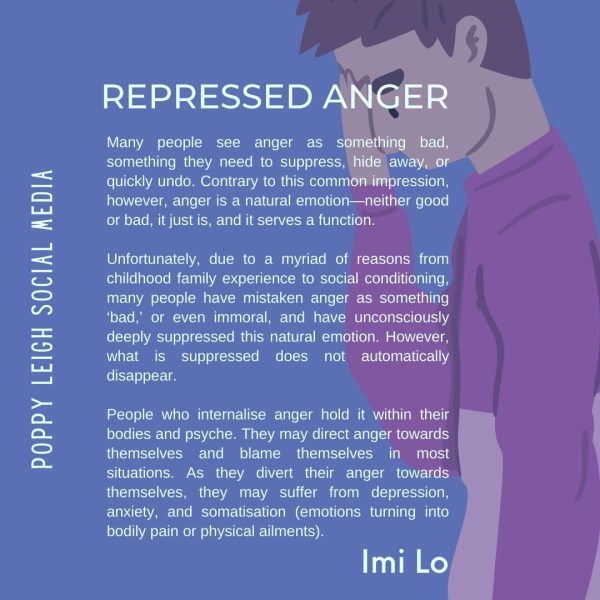
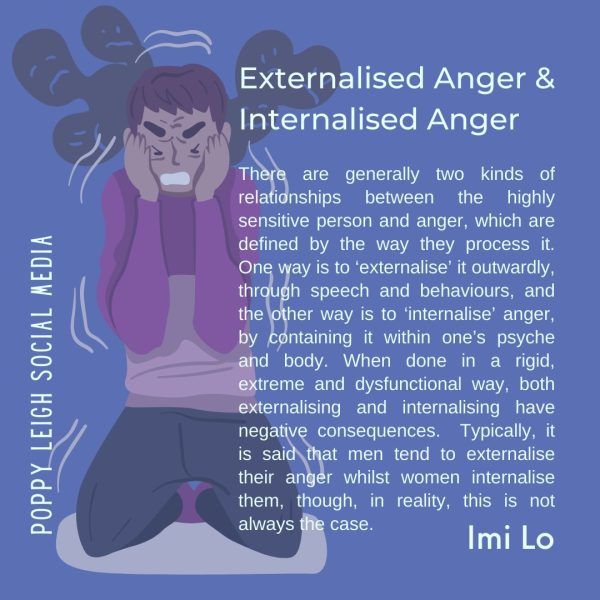
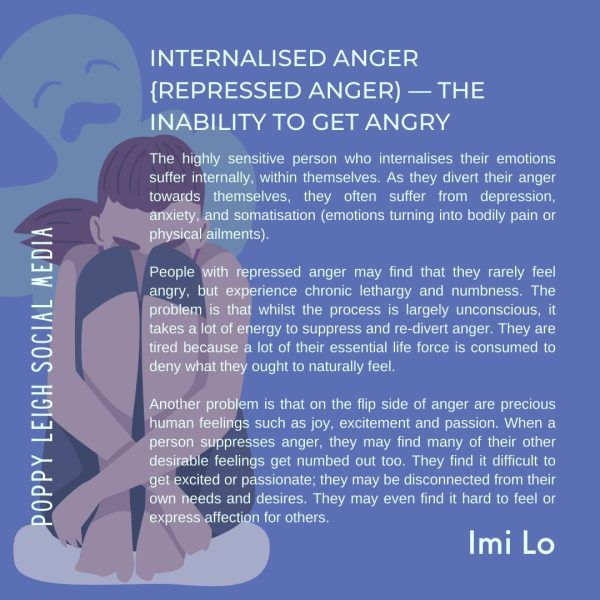
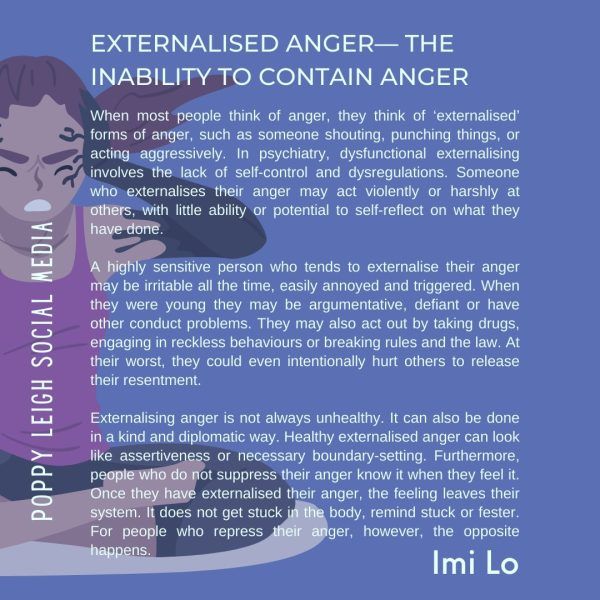
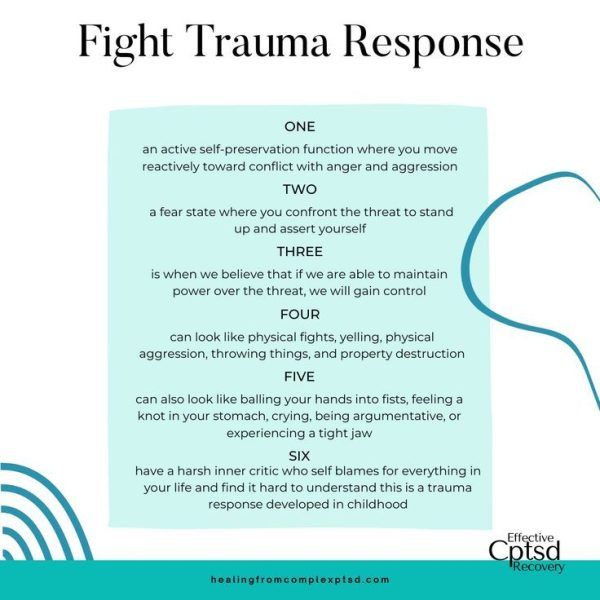
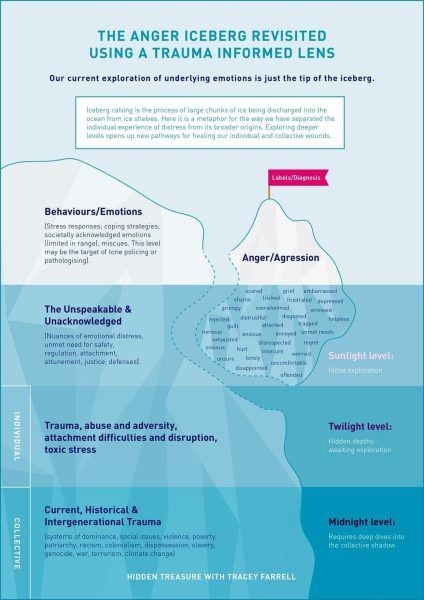
Journal Prompts to Explore Your Anger
Anger can be a scary emotion. It’s not something we usually like to feel by any means, but does that mean it’s bad?
Short answer: no! Anger isn’t bad to feel. In fact, no emotions are bad to feel. They’re just feelings.
They give us information about ourselves (our needs, our wounds, our desires, our likes, etc) but they don’t define who we are. So having an emotion like anger doesn’t mean anything about what kind of person you are.
Unfortunately, most of us don’t have a positive relationship with our anger. It’s seen as a big scary thing. It can make us feel out of control or mean. It can lead us to emotional outbursts that make us feel fragile or embarrassed. But anger doesn’t have to be a threat or our enemy. It, like our other intense feelings, can be a tool we use to discover more about ourselves.
To help you with that, we’ve listed four journal prompts to get you started exploring your relationship with anger below:
Journal Prompt 1: Why does the idea of being angry seem scary to you?
There are as many reasons to be uncomfortable with anger as there are people, so you really have to be specific to yourself here. Don’t think about anger in general, think about the experiences you’ve had with anger throughout your life. That can be experiences you’ve had feeling angry, or perhaps experiences you’ve had being on the receiving end of someone else’s anger. What happened then? How does your anger feel when it comes up? What about that is frightening? Do you feel like it will cause you to lose control or lash out? How have you experienced other people’s anger? Has someone else’s poor anger management made anger seem scary to you? Explore the root of your fear of anger, safely, in your journal.
Journal Prompt 2: When do you notice your anger the most?
What triggers this feeling? If you can start to explore when you’re feeling angry the most, you can start to learn what it is your anger is trying to communicate with you. For example, if you frequently find yourself getting angry at work, think about what specific instances caused that angry feeling to flare up. There might be a pattern that can help you address your currently unaddressed needs.
Journal Prompt 3: If your anger could speak, what would it be saying?
Once you’ve noticed those patterns, it’s time to try to understand them. Imagine your anger is trying to say something to you. (Or, possibly, yell something at you). What is it it’s trying to yell? It’s probably trying to point out something important.
Journal Prompt 4: Imagine your anger is someone watching over you, acting out when you are mistreated. How does that change your view of your anger?
For example: You’ve noticed yourself getting angry every time you speak on the phone to a certain friend. Now that you’ve started to pay attention to it, you realize that that anger flares up every time they speak over you or minimize what you’re saying. When you feel yourself getting angry in that situation, imagine your anger is actually there to watch over you. What it’s trying to get you to acknowledge is “I deserve to be listened to! What I have to say matters!”
This reframing can help shift your relationship with your anger from something frightening and uncomfortable, to something positive. Then you can find healthy ways to manage your anger when it comes up.
Courses
Let's Create Generational Change Together
To support this goal, Healing from Complex PTSD allows you to:
- Access professional education and business support from industry leaders
- Learn a results-driven approach to CPtsd recovery
- Discover a full library of ready-to-use tools and resources
Developmental Trauma Self-Check
Over the past 12 months, how many and how often have you noticed:
-
I work hard to hold it together in public, then crash in private.
-
I struggle to name what I feel until it overloads me.
-
I say yes to keep the peace, then feel resentful or empty.
-
I feel loyal to people who do not treat me well.
-
I lose time or feel foggy when stressed.
-
I avoid closeness or over-attach quickly, then panic.
-
I find it hard to trust my own judgement.
-
I feel shame when I try to set boundaries.
-
I need external approval to feel steady.
-
I push through fatigue instead of pausing.
How to use this:
0–3 items often: you may be using a few survival patterns.
4–7 items often: consider paced support to rebuild safety and choice.
8–10 items often: a trauma-trained professional can help you restore stability and connection.
Brain Impact Self-Check
Over the past 12 months, how often have you noticed:
-
My mind jumps to what could go wrong, even in safe moments.
-
I find it hard to remember recent details when I am stressed.
-
Decisions feel risky, so I delay or avoid them.
-
I forget good experiences quickly and dwell on the bad.
-
I feel numb or overwhelmed, with little in-between.
-
I lose words when emotions rise.
-
I misread neutral faces or tones as negative.
-
I struggle to notice body signals like hunger, tension or breath.
-
I do better when someone I trust is nearby.
-
I feel different “versions” of me in different settings.
How to use this:
0–3 often: some protective habits; gentle self-care may help.
4–7 often: consider trauma-trained coaching to build daily brain skills.
8–10 often: a paced, brain-based plan can restore clarity, memory and confidence.
For formal assessment, use recognised measures:
-
ACE-IQ or ACE-10 for adversity history (education only on public pages).
-
ITQ (International Trauma Questionnaire) for ICD-11 PTSD/Complex PTSD.
-
DERS for emotion regulation, DES-II for dissociation, PCL-5 for PTSD symptoms.
-
PHQ-9, GAD-7 for mood and anxiety; OSSS-3 for social support.

